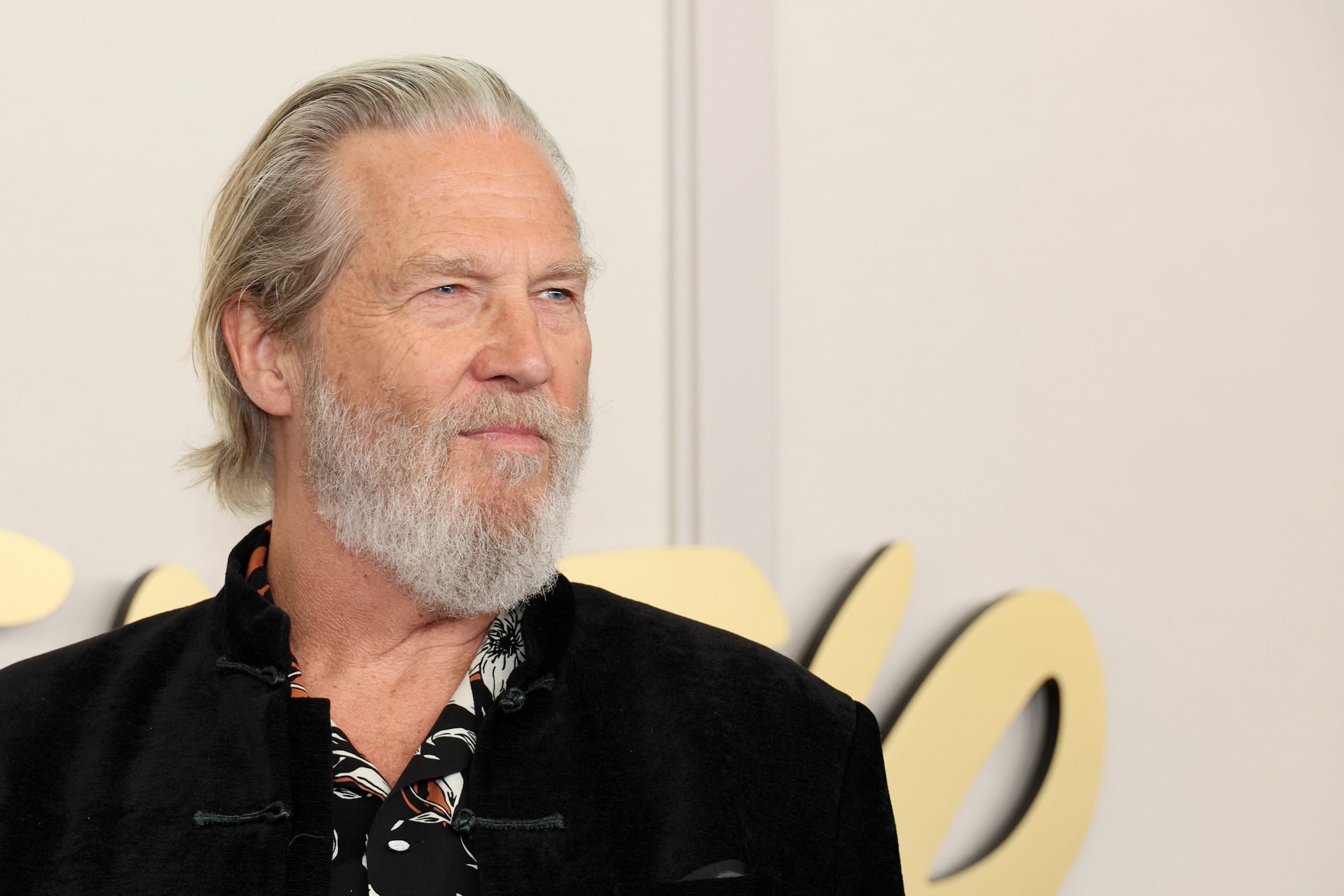How Faith Can Help Cancer Patients’ Journey to Recovery
- “Big Lebowski” star Jeff Bridges, 74, lands a new starring role opposite Johnny Depp, literally and figuratively. The two will star in a new Biblical comedy—Depp will portray Satan, and Bridges will portray God.
- Ironically, Bridges previously said, his cancer battle taught him that “life is a gift.” Many cancer patients tend to lean into their faith while battling cancer as it helps give them a positive mindset as they endure the rigors of treatment.
- New York City Presbyterian Pastor Tom Evans previously spoke with SurvivorNet about how faith can help people cope with the complex emotions that come with cancer.
- A study published in Cancer includes data that found “69% of cancer patients reported praying for their health” compared to “only 45% of the general U.S. population.”
- Cancer psychologist Dr. Andrew Kneier and Rabbi Jeffery M. Silberman of Danbury Hospital in Connecticut co-authored “Coping with Cancer: Ten Steps toward Emotional Well-Being.” They say, “A person’s faith or spirituality provides a means for coping with illness and reaching a deeper kind of inner healing.”
Actor Jeff Bridges’ string of new films to go supernatural as he will star in a new Biblical comedy alongside actor Johnny Depp in “The Carnival at the End of Days.” Bridges, who leans in Buddhism, notably stated he’s gained a greater appreciation for the gift of life after his bout with cancer.
Many cancer patients lean into their faith if they are religious during their cancer journey, and studies find it’s quite advantageous for their mental health.

View this post on Instagram
Expert Resources on non-Hodgkin Lymphoma
How Faith Can Help Your Cancer Journey
Having faith can help keep your spirits high even during times of struggle. SurvivorNet experts also say it helps cancer patients during their cancer journeys.
New York City Presbyterian Pastor Tom Evans previously spoke with SurvivorNet about the importance of finding ways to cope with the complex web of feelings you may be experiencing after a challenging health diagnosis, such as cancer or a threatening tumor.
“It’s important to reach out in a simple prayer to God, even if you’ve never prayed before, you don’t know what to say, a heartfelt plea, ‘God, help me, be with me,'” Pastor Evans told SurvivorNet.
“You can reach out to God, and you can reach out to people, your friends and family, and say, ‘I can’t do this on my own. I need you.’ “It’s in that willingness to be open and to receive that we can find something deeper that we never would’ve encountered without this hardship,” Evans continued.
WATCH: Turning to Faith During a Cancer Journey.
A study published in “Cancer” includes data that found “69% of cancer patients reported praying for their health” compared to “only 45% of the general U.S. population.”
Cancer psychologist Dr. Andrew Kneier helped co-author “Coping with Cancer: Ten Steps toward Emotional Well-Being.” He also co-authored a column published by Stanford Medicine with Rabbi Jeffery M. Silberman, director of spiritual care at Danbury Hospital in Connecticut.
The two add more context to the impact faith has on cancer patients.
“A person’s faith or spirituality provides a means for coping with illness and reaching a deeper kind of inner healing,” Kneier and Silberman said.
“Coping means different things to different people: it can involve finding answers to the questions that illness raises, it can mean seeking comfort for the fears and pain that illness brings, and it can mean learning how to find a sense of direction at a time of illness. Religious teachings can help people cope in all these dimensions,” Kneier and Silberman continued.
Bridges Cancer Journey
Bridges was diagnosed with non-Hodgkin lymphoma in 2020.
“The two main classifications I think of in terms of non-Hodgkin lymphoma are lymphomas that are more indolent and those that are more aggressive because those are treated very differently,” Dr. Jennifer Crombie, medical oncologist at Dana-Farber Cancer Institute, tells SurvivorNet.

No screening tests for lymphomas exist, and symptoms can be hard to identify. Hence, doctors typically perform a biopsy on a lymph node to accurately determine if non-Hodgkin lymphoma exists. However, some common symptoms of non-Hodgkin lymphoma include:
- Swollen glands
- Fever
- Night sweats
- Weight loss
- Fatigue
WATCH: What kind of lymphoma do you have?
Indolent lymphomas grow slowly and often don’t cause symptoms, so they may not need immediate treatment. At the opposite end of the spectrum are aggressive lymphomas, which grow and spread quickly and must be treated promptly.
“I had a 12-by-9-inch tumor in my body. Like a child in my body. It didn’t hurt or anything,” he previously told People.
Despite his diagnosis, the brave and resilient actor remained optimistic, saying, “The prognosis is good.”
“I always advise that people understand their specific type of lymphoma because there are over 40 different types,” Dr. Elise Chong, medical oncologist at Penn Medicine, tells SurvivorNet.
While undergoing treatment for non-Hodgkin lymphoma, Bridges battled COVID-19 in early 2021. He told People Magazine at the time that his chemotherapy treatments weakened his immune system, allowing the COVID-19 virus to impact him harder than he expected.
He spent nearly five months in the hospital while treating his cancer and managing his COVID-19 symptoms.
“I had nothing to fight it. COVID made my cancer look like nothing,” he told People Magazine.
Luckily, the actor was able to fight through and overcome COVID-19, and his chemotherapy helped shrink the tumor.
In September 2021, Bridges shared that his lymphoma was in remission, according to The Hollywood Reporter.
Questions for Your Doctor
If you are dealing with a lymphoma diagnosis, it’s important to ask your doctor a series of questions so you will have an idea of what your next steps will look like. To help you during this difficult time, SurvivorNet has some questions to kickstart your conversation with your physician.
- What type of lymphoma do I have?
- What does my pathology report say about my diagnosis?
- Should I get a second opinion before I explore possible treatment options?
- Based on my diagnosis, what do you anticipate my treatment path?
- What common side effects should I expect when I begin treatment?
- Will I be able to continue working and normal daily activities during treatment?
- Where can I get help working with the insurance company regarding treatment costs?
- Who do you recommend I get mental health help during my treatment?
Learn more about SurvivorNet's rigorous medical review process.

